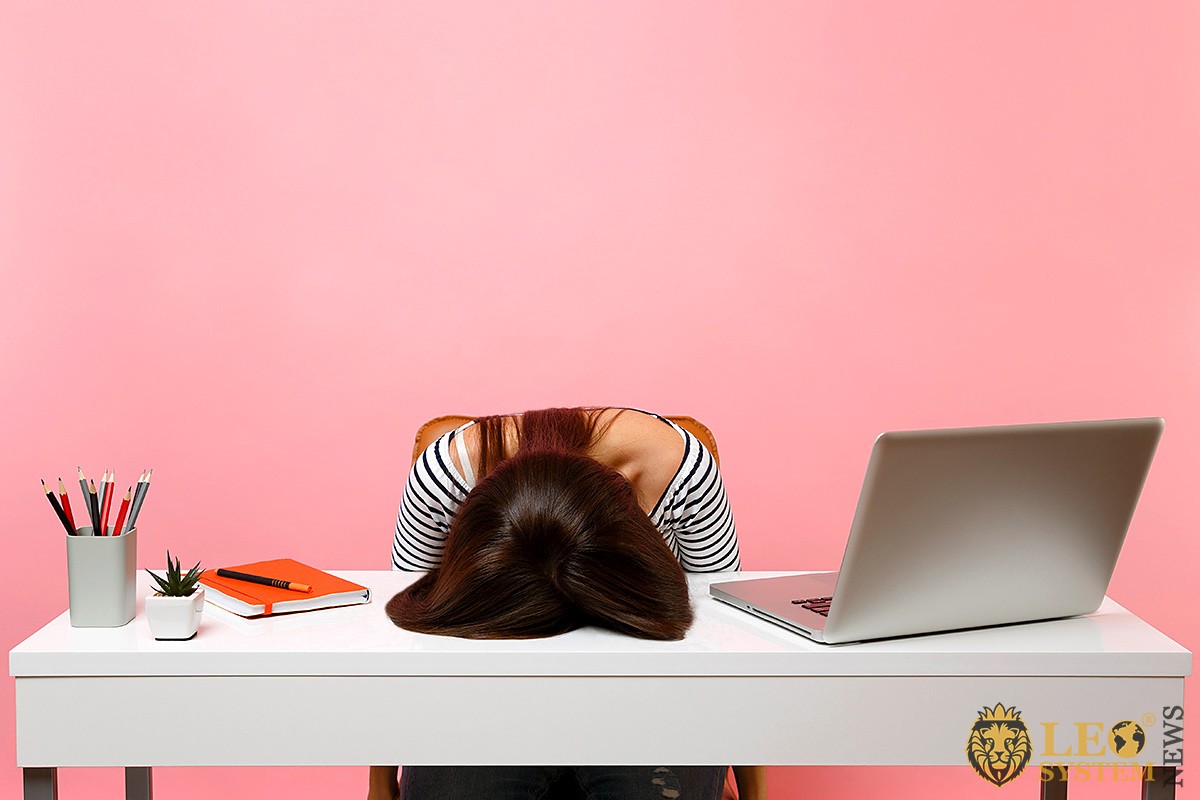Depression and Anxiety are complex issues that disrupt many lives. At some stage, throughout our lives, most of us will, at least temporarily, have one of these conditions. If you are a woman, who has just had her first child, you expect to be flooded with joy both during pregnancy and following birth, and sadly, that doesn’t always happen, leaving you lonely and isolated.
When asked, what are the causes of female depression and anxiety? Well, it’s complicated, and today we will take a look at some of them.
Causes of Female Anxiety and Depression.
There is a range of contributing factors for depression that help us to better understand the condition, and they include the following:
- Genetic history;
- Brain chemistry;
- Aging;
- Abusive relationship;
- Illness, long term;
- Stressful life events;
- Personality type.
Pregnancy is a major risk factor for some women due to the huge amount of hormones flooding our systems.

Knowing about the risk factors and causes of depression can help us to better understand it and more importantly how to deal with it. Humans are all unique and respond differently to environmental and psychological triggers, and there is no single reason for depression occurring. However, the onset of depression appears to be linked to stress, a known risk factor.
Managing Depression and Anxiety.
Anxiety is often a genetic factor that may be inherited from either parent or a past family history, giving us a predisposition to developing symptoms of anxiety. Depression and depressive symptoms can go back to neglect in childhood or relate to social factors like relationship difficulties, unemployment, or long-term illness.
If we have both anxiety and depression, it is a double disorder that leads to fatigue and a disrupted sleep cycle. The condition should be treated by referral to a Psychologist, especially if suicidal ideation is present.
Cognitive Behavior Therapy.
CBT in small group situations has been found to help treat anxiety and depression. CBT focuses on teaching people to challenge the negative thoughts that keep plaguing us and to use relaxation techniques to cope with the stress. If we are suffering long-term pain from an old injury, studies have shown that CBT is highly effective in overcoming and treating the pain. Once we are pain-free, then depression will start to disappear.

In conjunction with CBT, Interpersonal Psychotherapy is sometimes used to connect unresolved grief and relationship problems. When the symptoms don’t go away, antidepressant therapy is often prescribed, long term. Some people are helped by exercise.
Mindfulness.
This is a meditation style technique that works for some, as a way of slowing the thought process down and letting go of negativity. There is a focus on breathing while sitting quietly, but this does not work for everyone. Mindfulness is also a group activity, and the company and support of others in the group appear to be just as therapeutic as the exercise.
What are the Causes of Female Depression and Anxiety?
As we get older, women are more at risk of depression and anxiety. One of the reasons for this is Menopause. Estrogen plays many roles in a female body and following menopause estrogen levels decline. One of the roles of estrogen is to regulate moods, and reduction can cause mood swings and acute anxiety disorder to manifest.
This can be very difficult for some of us who have always felt in control, and as this has the potential to become a serious medical condition it should be discussed with your medical practitioner.
Some of the symptoms that can occur at this time are:
- A feeling of sadness;
- Loss of interest in nearly everything;
- A feeling of agitation and isolation;
- Crying a lot.
A History of Depression and Anxiety.
For women with a history of depression, it is important to see your doctor and discuss treatment before menopause begins. This way, your doctor will be able to commence estrogen replacement to help you safely navigate menopause without any symptoms.
This help is mainstream, and you won’t need to take it for the rest of your life, usually just 2-5 years. During this time, if anxiety symptoms re-emerge, you should also be treated with anxiety medication. It may be the proper time to see a Psychologist to help you work through your condition.
Anxiety.
Anxiety often starts in the teenage years, and because there are so many changes taking place during puberty and beyond, the symptoms are often ignored. Everyone feels anxious from time to time, but when there is no particular reason for it, the symptoms should not be ignored.
The feeling of anxiety is often accompanied by inner thoughts that keep telling you that you can’t do certain things and what will happen if you do them. The good news is that help is available, and there are now many different ways that people with anxiety can be helped.

If anxiety is left unmanaged many people turn to self-medicating – too much alcohol, however, this is not a recommended solution, as it only works temporarily and then the feelings come back and are much worse with a hangover.
When to Seek Help.
If feelings of anxiety and depression are getting out of control, it is important to seek help, as there is a lot that can be done to aid your recovery.
See your General Practitioner, as they see problems like this all the time. They will listen to your concerns, talk to you about treatments, and will often suggest lifestyle changes. If you are a busy mother, one of these changes may be to have some time for yourself once a week. This is something that not many women think about.
But time to do something for yourself free of the demands of small children and mountains of ironing is very important. Your partner or a grandparent can take the children for two hours, while you meet a friend for coffee and a movie.
Conclusion.
Often the greatest help in overcoming the condition is long-term Psychological Therapy, where the woman sees the counselor every week for around 20 weeks. This is a confidential, empathetic experience that will aid recovery.
Read the article: Common Female Mistakes in Relationships
































